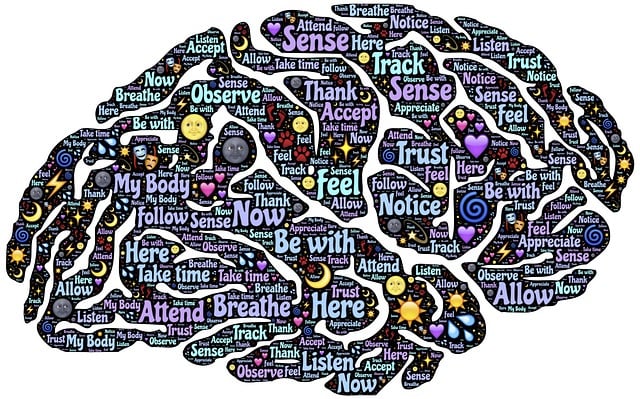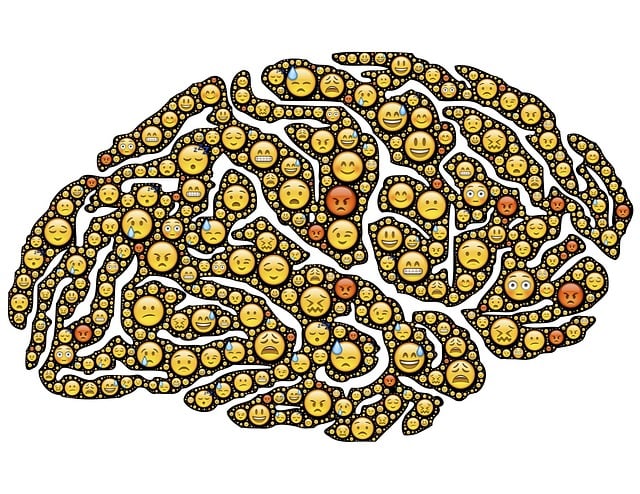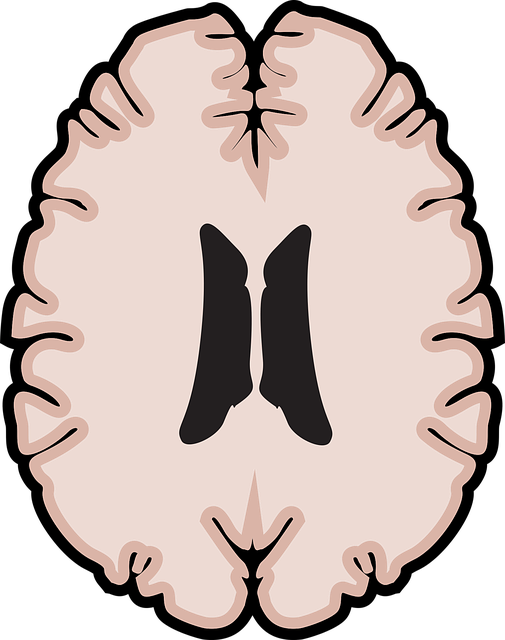Mental health policy is crucial for fostering well-being in young children, addressing access barriers to therapy, ensuring cultural sensitivity in Christian counseling, and removing financial and stigma obstacles. Effective policies include risk assessment tools for prompt intervention and promote mental health awareness through education and de-stigmatization. Early therapy, targeted at both children and their support networks, is key to building resilience and emotional growth.
Mental health policies significantly shape the well-being of young children, yet many systems fall short in providing adequate access to therapy. This article delves into the critical intersection of mental health advocacy and Christian counseling as an alternative therapeutic approach. We explore how policy gaps affect young children’s mental health and advocate for strategies to expand therapy accessibility. By examining Christian counseling’s benefits and leveraging partnerships with policymakers, we aim to revolutionize support systems, ensuring every child receives the care they deserve. Discover how these approaches can complement existing services and foster holistic healing.
- Understanding Mental Health Policy and Its Impact on Young Children
- – Definition of mental health policy
- – The significance of early intervention in children's mental health
Understanding Mental Health Policy and Its Impact on Young Children

Mental health policy plays a pivotal role in shaping the well-being of young children, often serving as a foundation for their overall development and future mental resilience. Understanding this policy landscape is essential in advocating for effective support systems, particularly when it comes to therapy for young children. Christian counseling, as one approach, can significantly contribute to anxiety relief and emotional well-being if integrated within the right policy framework.
Policy analysis in mental health involves scrutinizing existing laws, guidelines, and resources allocated to pediatric mental healthcare. By assessing these factors, advocates can identify gaps and areas of improvement. For instance, policy advocacy might focus on increasing access to therapy for young children from diverse backgrounds, ensuring cultural sensitivity and competence among mental health professionals. This includes addressing barriers such as cost, availability, and stigma, which often prevent families from seeking the necessary support, especially for at-risk populations. Effective policies should also incorporate risk assessment tools for mental health professionals to promptly identify and intervene in cases of emerging mental health issues.
– Definition of mental health policy

Mental health policy refers to a set of guidelines, regulations, and initiatives designed to improve access to mental health services and promote well-being within a community or nation. It encompasses various strategies aimed at prevention, early intervention, treatment, and recovery support for individuals dealing with mental illnesses, including anxiety, depression, bipolar disorder, schizophrenia, and many others. These policies are crucial in ensuring that everyone, regardless of socio-economic status, has the opportunity to receive the therapy they need, such as Christian counseling tailored to their unique needs.
Promoting mental health awareness through education, de-stigmatization campaigns, and integrating self-care practices is a key aspect of these policies. They also focus on developing inner strength by providing resources for resilience building, coping mechanisms, and support networks, especially targeting vulnerable populations like young children who may require specialized therapy to navigate emotional challenges early in life.
– The significance of early intervention in children's mental health

Early intervention plays a pivotal role in safeguarding and enhancing children’s mental well-being. By identifying and addressing mental health concerns at an early stage, we can significantly improve long-term outcomes for young individuals. Children’s minds are highly malleable, and this period is crucial for developing resilience and coping mechanisms. Therapy for young children, such as Christian counseling, offers a safe space to explore emotions, fostering compassion cultivation practices that can last a lifetime. These interventions not only support children’s emotional growth but also empower them to navigate future challenges with enhanced adaptability.
Moreover, public awareness campaigns development focused on mental health should target parents, caregivers, and educators, enabling them to recognize early warning signs. Risk assessment for mental health professionals is an essential component of this strategy, ensuring that practitioners are equipped to handle childhood mental health issues effectively and ethically. Through proactive measures, we can break the stigma surrounding youth mental health and create a supportive environment where children feel comfortable seeking help when needed.
Mental health policies play a pivotal role in fostering healthy development among young children. By prioritizing early intervention and accessible therapy, such as Christian counseling, we can significantly improve outcomes for vulnerable populations. Advocacy efforts should focus on ensuring these services are integrated into community resources to better support the emotional well-being of our youngest members, setting them up for a brighter future.














